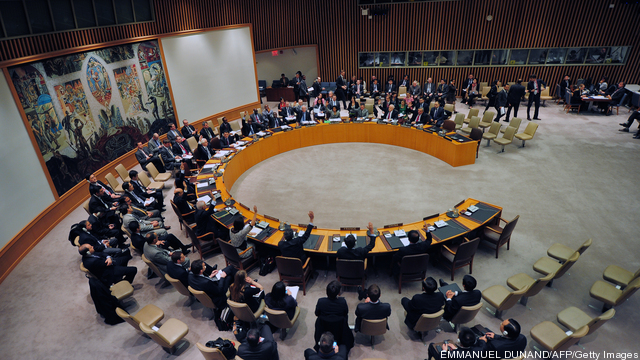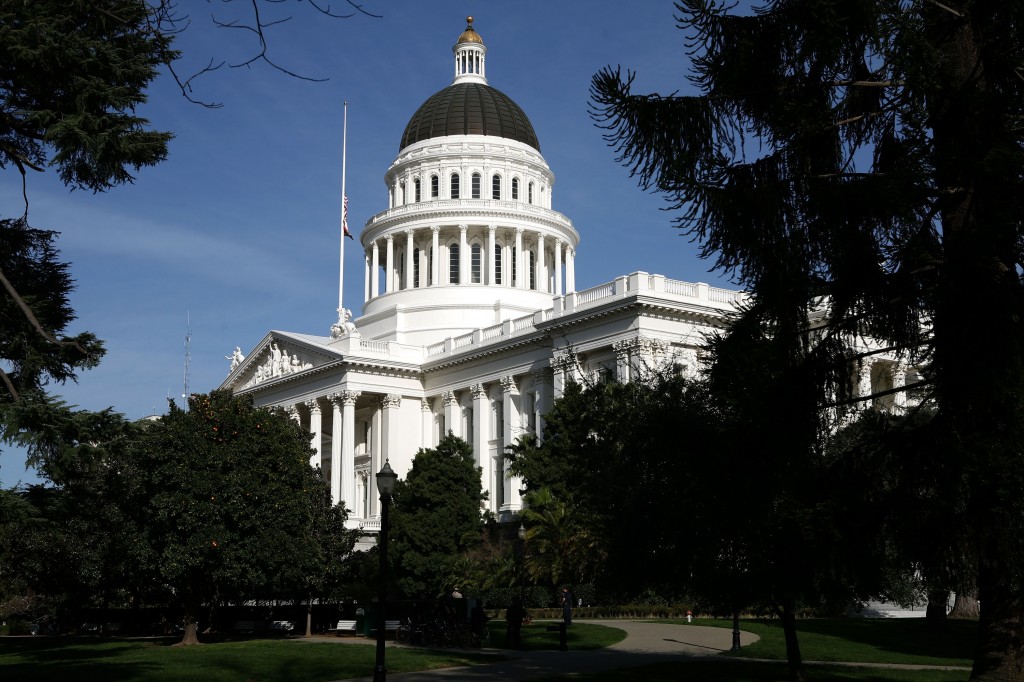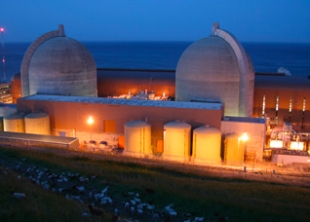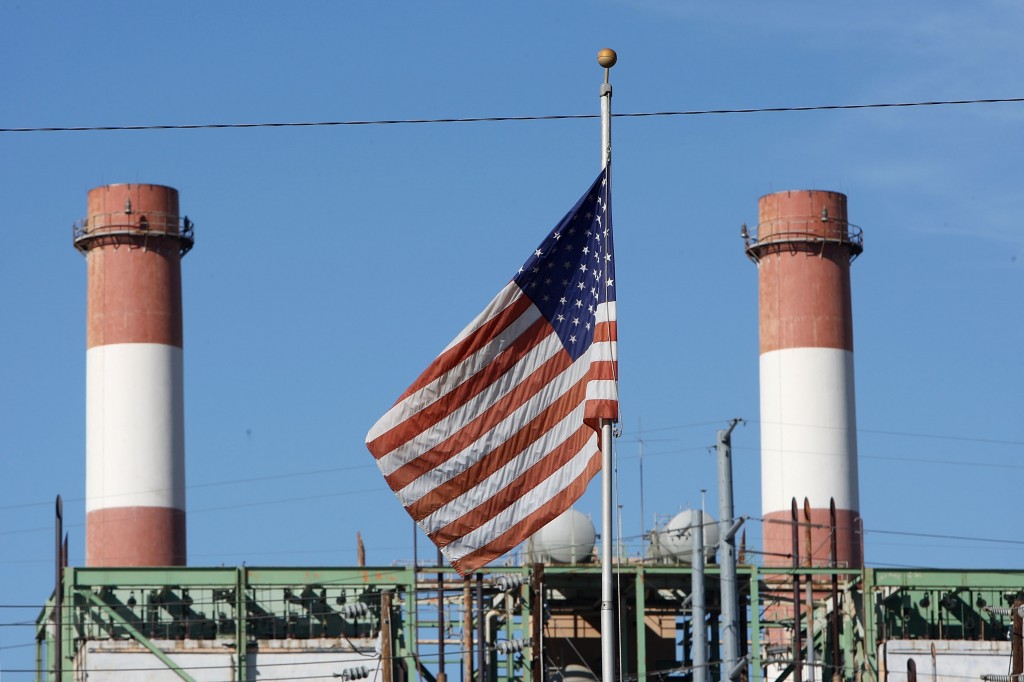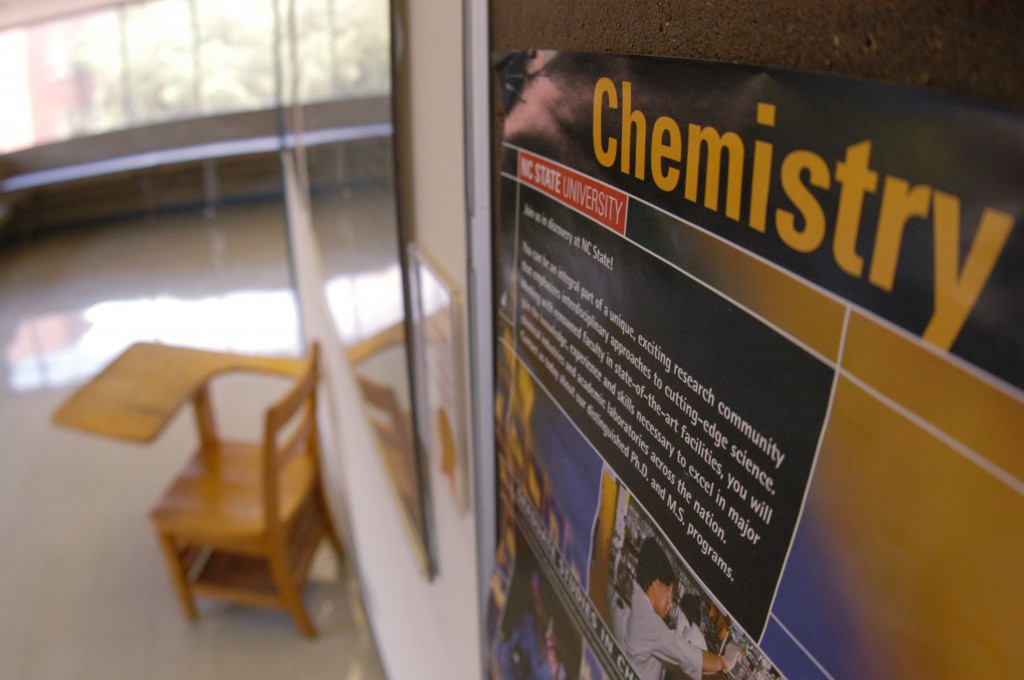Please find below a summary of recent development regarding U.S. sanctions against Russia and a summary of the U.S. sanctions to date.
U.S. Sanctions
On September 12, the United States, in coordination with the EU, imposed additional sanctions against Russia in connection with events in Ukraine. Specifically,
the Office of Foreign Assets Control, U.S. Department of the Treasury (“OFAC”): (i) placed additional Russian persons on OFAC’s Specially Designated Nationals and Blocked Persons (“SDN”) list; (ii) placed additional Russian persons on OFAC’s Sectoral Sanctions Identifications List (“SSIL”); (iii) amended the bar on activities by U.S. persons relating to debt of SSIL-listed persons from the Russian financial services sector to cover new debt of more than 30 days maturity (previously the bar related to debt of 90 days or longer); (iv) imposed a bar on activities by U.S. persons relating to new debt of more than 30 days maturity of SSIL-listed persons from the Russian defense and related materiel sector; and (v) imposed a bar on activities by U.S. persons in support of deepwater, Arctic offshore, or shale exploration or production projects that have the potential to produce oil in Russia and that involve any person designated on the SSIL in connection with the bar; and
the Bureau of Industry and Security, U.S. Department of Commerce (“BIS”): (i) added five entities from the Russian defense or related material sector to the BIS Entity List; (ii) added five entities from the Russian energy sector to the BIS Entity List, which are now subject to an export licensing requirement for certain energy projects; and (iii) imposed an export licensing requirement on certain Commerce Control List items known to be destined to Russia for a military end use or user (expanding the current licensing requirement for such exports to China to also cover Russia).
